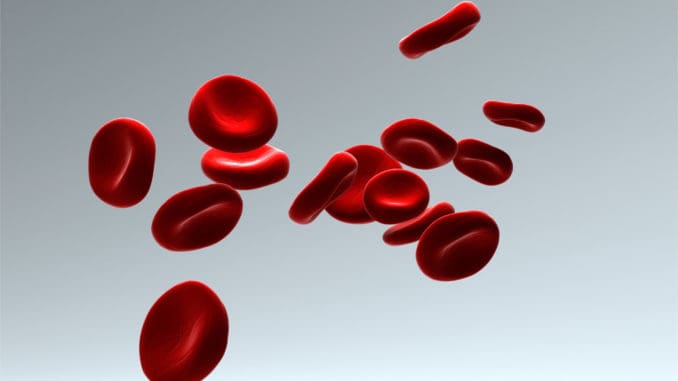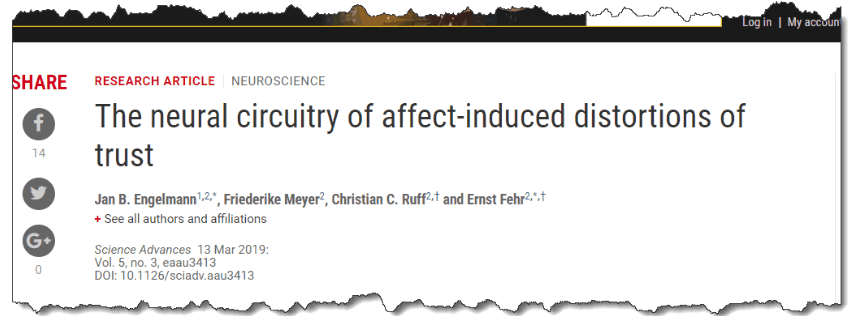
[cmamad id=”23047″ align=”center” tabid=”display-desktop” mobid=”display-desktop” stg=””]
This is the secret to getting incredible “rockiness” like you once had as a teenager…
—-Important Message—-
Instead of masturbation, men are doing this…
What a man does alone, for self-pleasuring, can either hurt him sexually or help him.
Masturbation can result in poor partner performance… And it can rob a man of his virility over time.
The ancient Taoists knew this. And in their wisdom, the men practiced solo cultivation to boost their sexual stamina into their 90s and 100s.
They made it a complicated process… But I’ve made it simple… And it’s GOOD for you sexually, as opposed to most masturbation which is HARMFUL to sexuality in many cases…
Now men can use these 3 “solo activities” and perform at their best, for just as long as the Taoists did…
These solo activities improve things for men with erection problems – even men who’ve been struggling for a long time.
Just use these the next time you’re home alone (they feel really good)…
And you will be increasing your sexual stamina for the next time you’re with a partner.
Here are the 3 fun (and pleasurable) solo activities for men that increase sexual performance.

———-
How I stopped kicking the cat (spillover emotions and what to do with anxiety and anger)…
A little red car cut Bill off in heavy traffic the other day, and when he got home he snapped at his girlfriend, his dog, and his kid.
It wasn’t their fault that he got cut off in traffic, but he still snapped at them like a CRAZY person.
Bill felt bad about snapping at everybody – and he ended up apologizing.
Has something like this ever happened to you? It’s happened to me.
This kind of “snappy” behavior is something that humans are actually hardwired to do when we’re exposed to stressful or anxiety-provoking situations.
The good news is that, though we ARE hardwired this way (I’ll explain more in a bit), we don’t HAVE to succumb to it – at least not all of the time.

They call this response “incidental” emotions – I call it spillover emotions.
This happens when you are stressed or have anxiety or fear and take it out on someone else.
“Researchers call these types of emotions ‘incidental’ because they were triggered by events that are unrelated to our currently ongoing social interactions. It has been shown that incidental emotions frequently occur in our day-to-day interactions with others, although we might not be fully aware of them.”
It’s never fun when someone takes something out on you that’s not your fault, but we all do it to some extent.
That’s because negative emotions directly affect our trust levels with other people.
Stress and negative emotions suppress trust in other people.
Participants in this study were threatened with (and sometimes given) an unpleasant electrical shock…
And then they had to play a trust game…
When the participants were anxious about receiving the shock, they trusted other people LESS.
[cmamad id=”23048″ align=”center” tabid=”display-desktop” mobid=”display-desktop” stg=””]
“The researchers found that participants indeed trusted significantly less when they were anxious about receiving a shock, even though the threat had nothing to do with their decision to trust.”
People trust less when they are anxious or feeling threatened because the threat messes up the way their brain works – actually suppressing the ability to trust.
“The team also recorded participants’ brain responses using functional Magnetic Resonance Imaging (MRI) while they made trust decisions. This revealed that a region that is widely implicated in understanding others’ beliefs, the temporoparietal junction (TPJ), was significantly suppressed during trust decisions when participants felt threatened – but not when they felt safe.”
From an evolutionary perspective, this makes sense.
Humans were under threat in many environments before the modern age, and they would have to be on guard to survive.
But now this response is often triggered by a bad day at work or a person cutting us off in traffic…
And it can cause chaos in our relationships unless we know about it and know how to handle it.
You can help prevent your own spillover reactions to people by understanding that this happens to everyone.
The first key to preventing spillover reactions is self-awareness.
When we understand that our brain goes haywire when presented with stress, we can give ourselves a little breathing room when possible…
… BEFORE we interact with other people.
This is especially helpful when the stressor is short-term – maybe a person walking in front of you.
The second thing you can do to prevent spillover reactions is to put some space between your thoughts and your response.
The most effective way I know of to do this is meditation.
Simple breath-focused meditation works amazingly well…
And the root focus exercise I teach in many of my courses also works well.
Meditation helps you to slow your responses down and give yourself a “space” between stimulus and response.
Sometimes that’s all you need to disrupt the process of emotional spillover.
This sounds a little woo-woo, I know.
But self-control is absolutely critical to succeeding in life, and that’s really all this is.
By understanding the neuroscience, you can give yourself a greater degree of self-control and stop snapping.
—-Important Message—-
Improve blood flow to your penis by 73% –> secret of incredible erections
As we age, us guys often run into poor blood flow to our penis.
At best, we experience it gradually… At worst, it can shut off erections completely and make sex really difficult.
If only we could improve our penile blood flow… We would get those raging “towel hanger” erections again… The ones we remember so fondly.
And that’s why you’ll love this discovery…
It’s a safe combination of simple, natural ingredients that clear out the blood vessels in the penile chambers…
And when the blood vessels in the penis are clear, blood flow improves – up to 73% right away.
You will be startled at the power… Yeah, you thought “never again” – but here it is, just as it was when you were a teenager. Wow!
Your wife or girlfriend will notice the difference immediately – and she will LOVE it.
(Perfect for single guys too – now you’ll be MORE than ready when the moment comes…)

———-

- Negative emotions can reduce our capacity to trust https://www.sciencedaily.com/releases/2019/03/190314101331.htm
- The neural circuitry of affect-induced distortions of trust http://advances.sciencemag.org/content/5/3/eaau3413
- Anger and Trauma - PTSD: National Center for PTSD https://www.ptsd.va.gov/understand/related/anger.asp
- Controlling Anger — Before It Controls You https://mymount.msj.edu/ICS/Portlets/ICS/bookmarkportlet/viewhandler.ashx?id=d95316e6-f91b-443a-ace9-153496762abb
